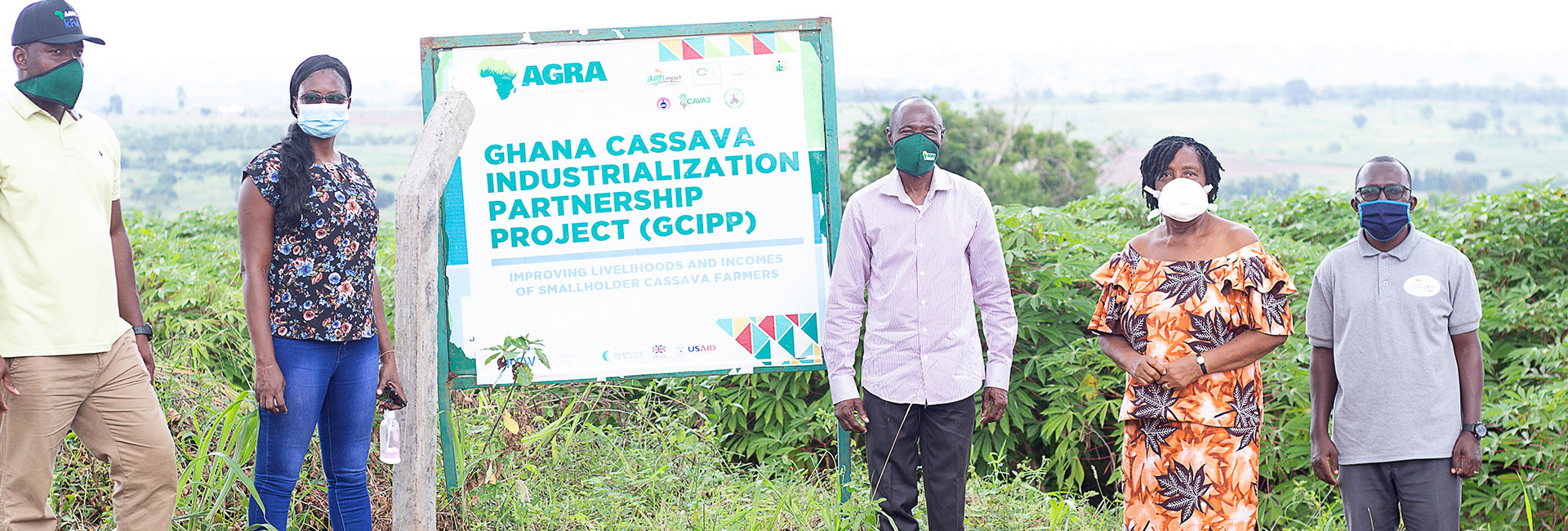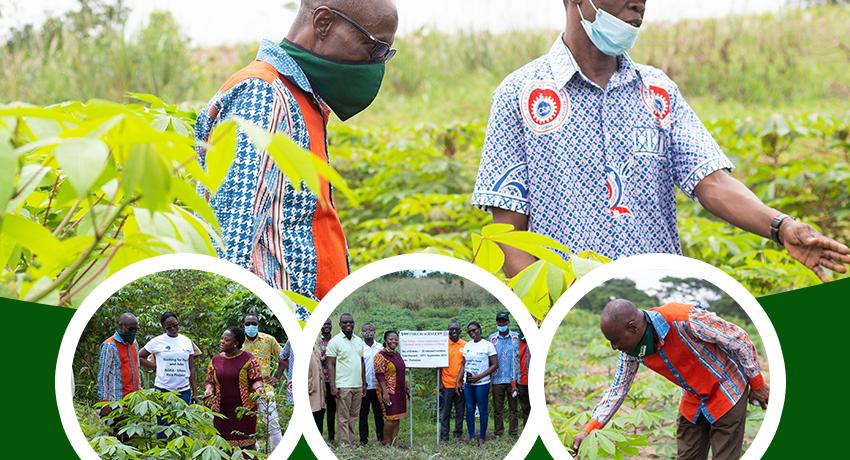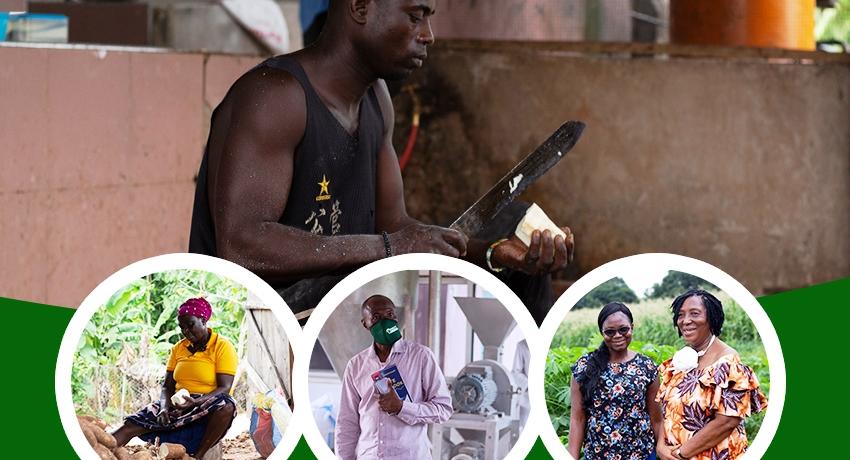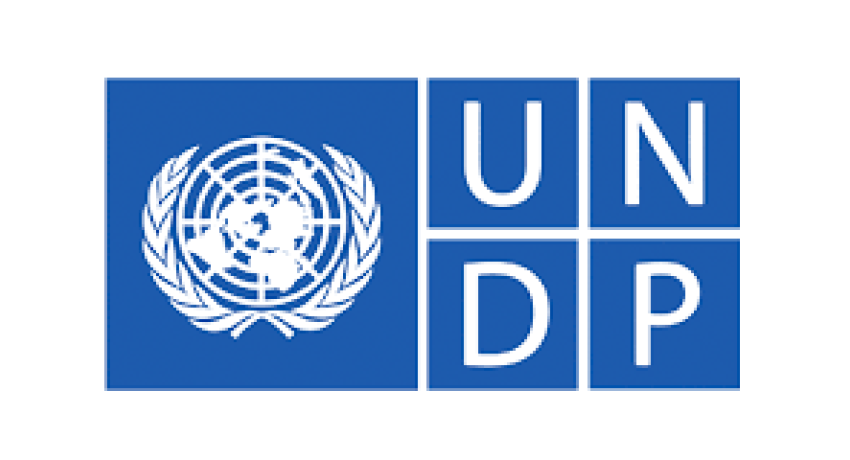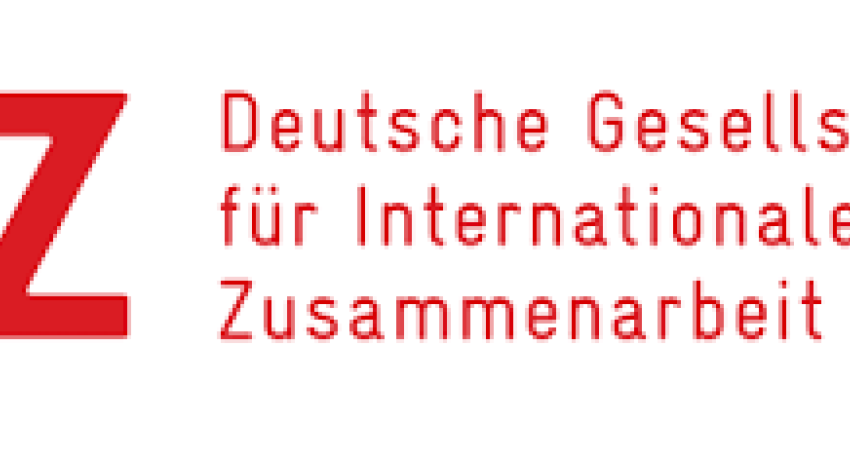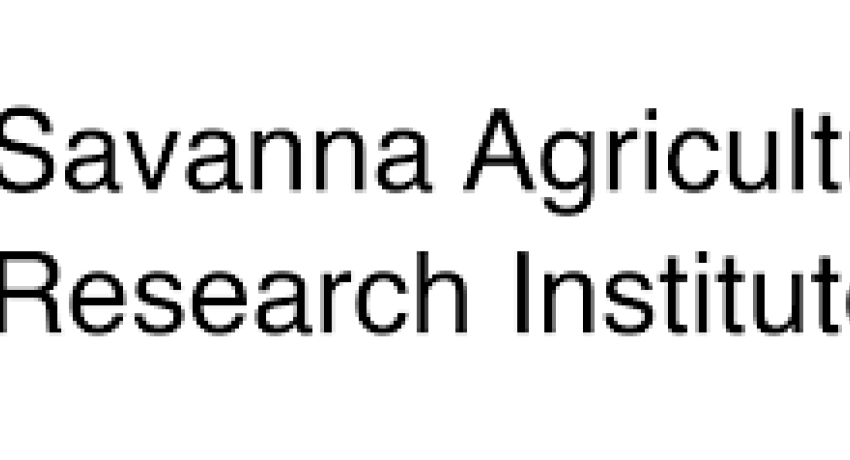Out of the realistic annual demand of over 200,000 Metric Tons (MT) of starch, only 66,000 MT of cassava are processed commercially mostly for production of packaged traditional foods. This demand gap presents enormous economic opportunity for smallholder cassava farmers. However, the utilization and marketing of cassava has been a challenge over the years.
The project delivered an inclusive multi-disciplinary value chain intervention through a consortium of 7 partners providing market access, agro-inputs business solutions, market information systems and technical training and FBO strengthening.
The 7 key partners were; Agri-Impact Consult (a value chain management institution and lead implementer), Ohumpong Investments Limited and JOSMA Agro-Industries (primary processors, planting materials suppliers and lead aggregators), Food Research Institute (capacity building and compliance to quality assurance and quality control for value addition through processing), Ghana Industrial Cassava Stakeholders Platform (policy advocacy and market development organization), Council for Scientific and Industrial Research – Crop Research Institute (supplied cuttings of improved varieties high yielding in starch and trained farmers on GAP); and Ministry of Trade and Industry (spearheaded the development of a national cassava strategy plan and facilitated access to both domestic and export market).
It was premised on creating a structured market for smallholder fresh cassava producers with the aim to improve their livelihoods. The project focused on enhancing the production capacity of smallholder farmers, and also linked them to a sustainable market through contract farming.
- Leveraged on $85million private investment into cassava processing and $200million government investment under One District One Factory for cassava processing
- Enhanced productivity of 110,000 smallholder farmers to cultivate 110,000ha of cassava farm, increased yield from 12tons/ha to 30/ha and produce at least 1.8million tons of fresh cassava annually
- Increased and improved primary processing to reduce post-harvest losses by 50% and cost of supply by 25%
- Supported government’s (Ministry of Trade and Industry) cassava industrialization agenda with technical assistance
- AIC facilitated the request of Amantin Agro Processing Limited to Ministry of Food and Agriculture for cassava planting materials valued over GHS12 million.
- AIC facilitated request to Initiate Trust Limited (ITL) for TIAST Group Cassava package valued at $2.65 million as well as 30% financing from 1D1F desk.
- More than 81,553 farmers were mobilized
- Input-credit facilitation between Amantin Agro Processing Limited and farmers
- 79 supply agreements between Ohumpong Investment Limited and farmers, 46 supply agreements between JOSMA Agro Processing Limited and farmers, 4 supply agreements between Initiate Trust Limited and farmers and 153 supply agreements between Amantin Agro Processing Limited and farmers
- Bringing together different partners in this consortium to work together and peer share expertise, knowledge and resource gave a better outlook to the project. Each partner played a critical role and complemented interventions made by other partners so that challenges that confronted farmers and other stakeholders across the cassava value chain was comprehensively addressed.
- The Consortium approach whereby partners brought their expertise to bear to tackle issues along the value chain was hugely successful. PIU meetings enabled partners to peer share expertise, knowledge and resources to confront issues and address them comprehensively.
- Over 20,000 farmers mobilized from Bono East region were linked to Amantin Agro Processing Limited as outgrowers. For the 2020 planting season, farmers in Atebubu-Amantin, Pru East and West, Sene East and West districts commenced planting, receiving agro-input support including tractor services, planting materials and crop protection.




